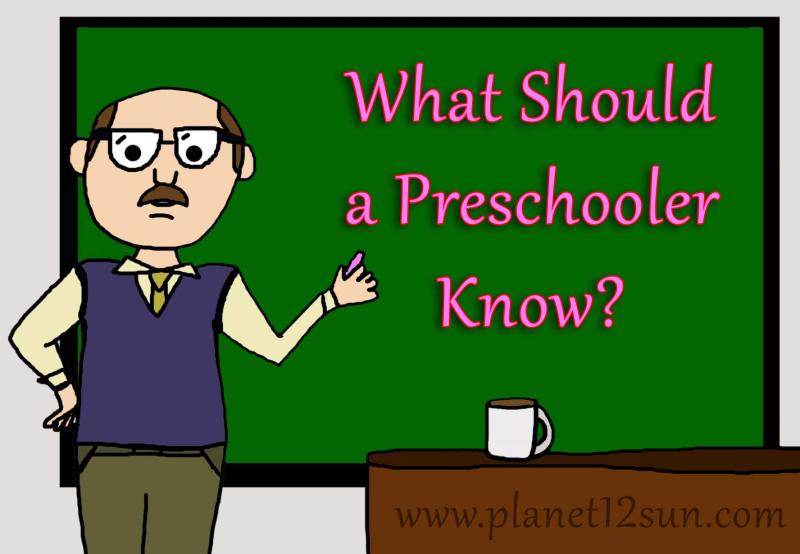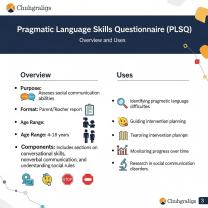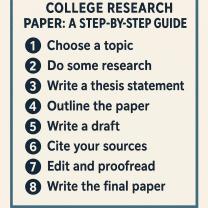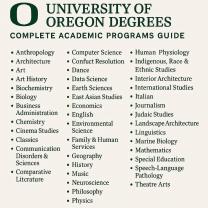What should a first grader know?
First-grade education focuses on building foundational skills in various subjects to ensure students are well-prepared for more advanced learning in subsequent grades. Here are some key areas and skills that first graders are typically expected to know:
Reading:
- Letter Recognition: Identify and name uppercase and lowercase letters.
- Phonics: Begin to understand letter-sound relationships and basic phonetic principles.
- Sight Words: Recognize and read common sight words.
- Reading Comprehension: Understand and recall information from simple texts.
- Basic Reading Fluency: Read simple sentences with increasing fluency.
Writing:
- Letter Formation: Write uppercase and lowercase letters legibly.
- Simple Sentences: Construct basic sentences with proper punctuation.
- Spelling: Spell simple, frequently used words correctly.
- Narrative Writing: Express thoughts and ideas in basic written form.
Mathematics:
- Counting: Count to 100 by ones and tens.
- Number Recognition: Identify and write numbers up to 100.
- Addition and Subtraction: Understand and solve basic addition and subtraction problems.
- Place Value: Understand the concept of tens and ones.
- Measurement: Begin to measure and compare objects using standard units.
- Patterns and Shapes: Recognize and create simple patterns; identify basic 2D and 3D shapes.
Science:
- Living Things: Identify and understand basic characteristics of plants and animals.
- Earth and Space: Recognize basic features of the Earth and understand day and night.
- Weather: Observe and describe basic weather patterns.
- Properties of Matter: Explore basic properties of matter, such as solids and liquids.
Social Studies:
- Communities: Understand the concept of communities and their roles.
- Maps and Globes: Recognize basic maps and globes.
- Historical Figures: Learn about important historical figures and events.
Social and Emotional Development:
- Friendship Skills: Develop basic social skills and the ability to work with peers.
- Emotional Regulation: Begin to recognize and express emotions appropriately.
- Following Directions: Listen and follow simple instructions.
Physical Education:
- Gross and Fine Motor Skills: Develop coordination through activities like running, jumping, and writing.
- Health and Nutrition: Learn basic concepts of health and nutrition.
These are general guidelines, and individual student progress may vary. It's important for educators and parents to work together to support each child's unique learning needs and abilities.
Foundational Knowledge and Skills for First Graders:
First grade marks a crucial transition from the exploratory play of kindergarten to the structured learning of elementary school. Here are some key areas where your little one should be building a strong foundation:
Literacy:
- Reading: Decoding basic sounds and words, reading sight words, understanding simple sentences and stories.
- Writing: Forming letters and writing simple words and sentences, expressing ideas clearly and coherently.
- Vocabulary: Expanding vocabulary through reading, writing, and conversations.
Math:
- Numbers and counting: Recognizing and writing numbers up to 100, understanding basic addition and subtraction, identifying patterns and shapes.
- Measurement: Comparing lengths, weights, and capacities, using basic units of measurement.
- Problem-solving: Applying math concepts to solve real-world problems.
Science and Social Studies:
- Science: Learning about the natural world through observation, exploration, and experimentation. Topics may include weather, plants, animals, and the human body.
- Social Studies: Understanding basic concepts about communities, government, cultures, and geography.
Other Foundational Skills:
- Fine motor skills: Holding a pencil correctly, cutting with scissors, tying shoelaces.
- Gross motor skills: Running, jumping, hopping, skipping, and balancing.
- Social skills: Sharing, cooperation, taking turns, following directions, and resolving conflicts peacefully.
- Listening skills: Paying attention, following instructions, and understanding spoken language.
Assessment and Support for First-Grade Development:
Educators use various methods to assess and support the development of first-grade academic skills, including:
- Formal assessments: Standardized tests, writing samples, and math problems may be used to measure progress in specific areas.
- Informal observations: Teachers watch students during class activities, playtime, and individual work to get a sense of their strengths and weaknesses.
- Conferences and communication: Teachers discuss student progress with parents or guardians regularly, providing insights and recommendations for further support.
- Differentiated instruction: Teachers adapt their teaching methods and materials to meet the individual needs of each student.
- Small-group instruction: Students may work in small groups to receive targeted support and practice specific skills.
Educational Milestones for First Graders:
While development varies among children, here are some general milestones that most first graders should achieve by the end of the year:
- Reading: Read level 1 or 2 books, decode most consonant sounds, understand basic story elements.
- Writing: Write complete sentences, spell common sight words, use correct punctuation.
- Math: Add and subtract numbers up to 20, identify basic shapes, tell time to the hour.
- Science: Explain basic scientific concepts, conduct simple experiments, follow safety procedures.
- Social Studies: Identify important figures in history, understand basic government roles, name different countries and cultures.
Remember, these are just general guidelines. Some children may reach these milestones earlier, while others may take a little longer. The important thing is to provide a supportive and stimulating environment where your child can learn and grow at their own pace.
If you have any concerns about your child's development, talk to their teacher or a pediatrician.
I hope this information is helpful!












